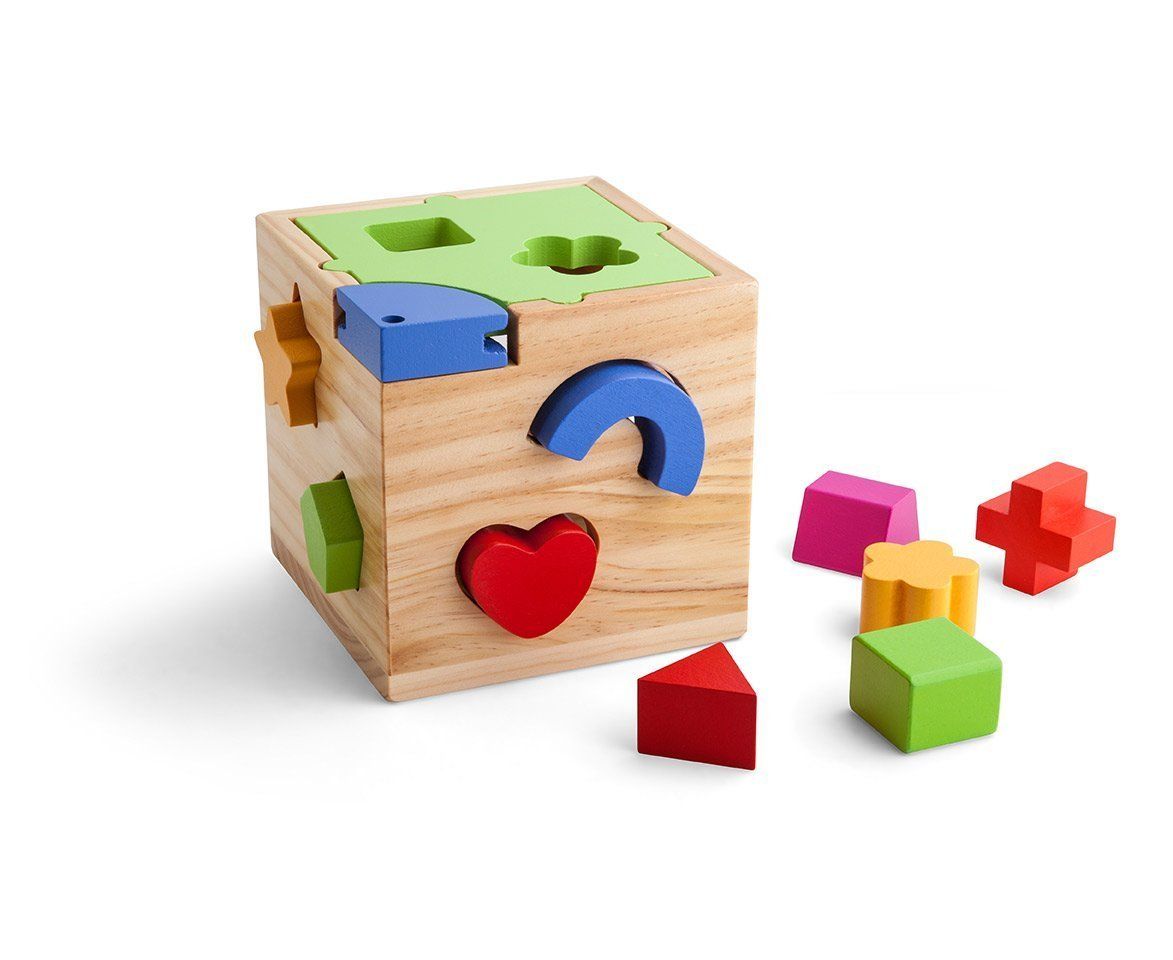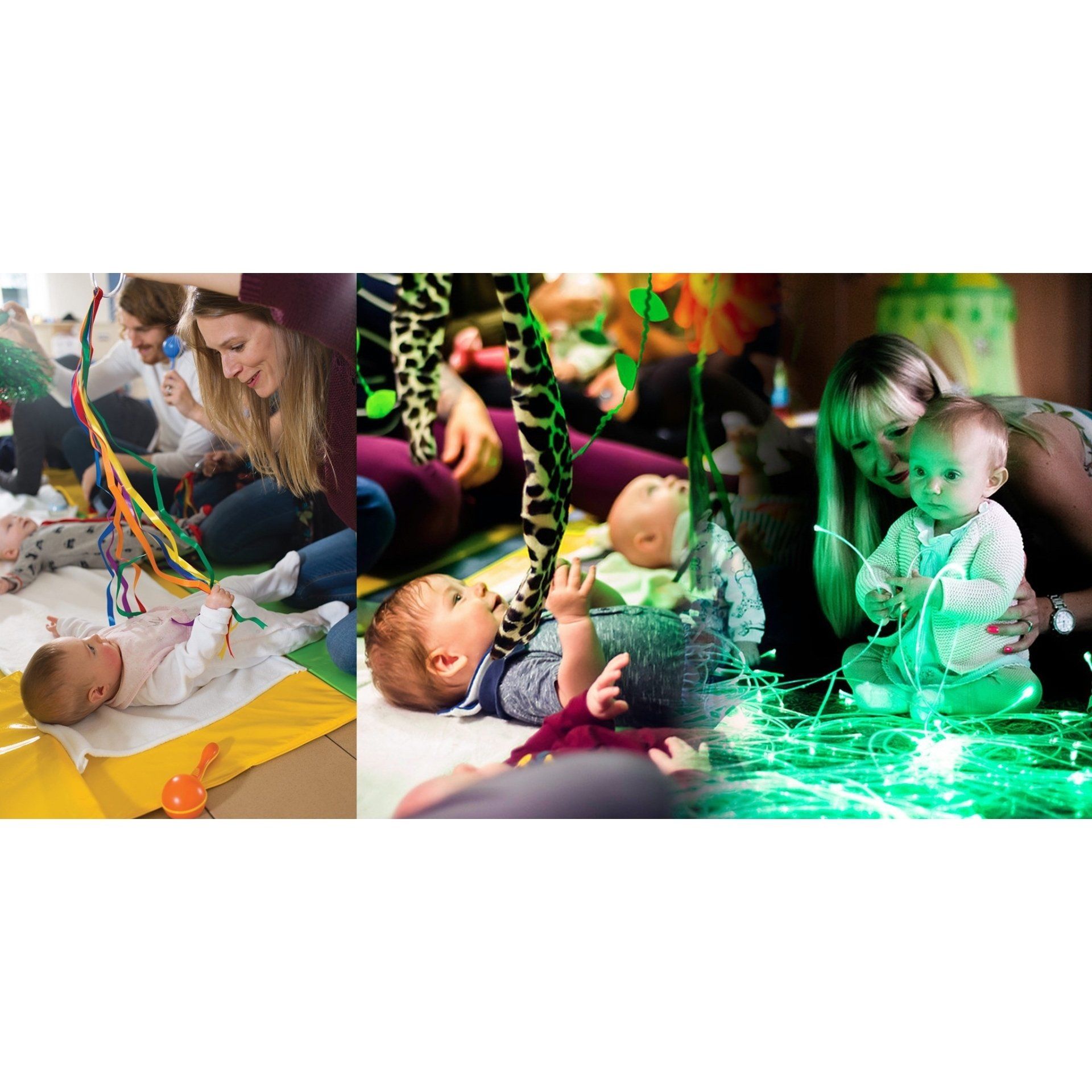The Benefits of Music
4 August 2021
More Attention Is Needed On The Benefits Of Music
The benefits of music are enormous; both consciously and subconsciously music is a part of our everyday life. Children are exposed to music through songs we sing to celebrate birthdays, nursery rhymes, lullabies and songs we sing to our children.
Music helps improve a child’s dexterity and ability it accelerates learning and is advantageous for language cognitive and social development. Learning how to make music should be a basic life skill. Babies can distinguish the differences in melody and frequency stimulating their minds.
Exposure to music helps children to speak more clearly and grow a
larger vocabulary. When dancing and moving to music children
develop better motor skills. Generation upon generation know the
same songs and nursery rhymes. Children recognise the melody of a
song and can unscramble the different tones in music before they
learn the words. Music helps children to learn new words and the
repetition and rhythm help form memories.
There is a wide range of first musical instruments and percussion
sets available to support music dance and singing for both indoors
and outdoors engagement. Singing in tune marching to a beat
dancing helps children to differentiate between their speaking and
singing voice and the different rhythms. To neglect music in these
early years would be catastrophic.

The Curiosity Approach looks to transform and reset educational practice for our youngest children, bringing curiosity, awe and wonder into Early Childhood and creating those ‘thinkers and doers’ of the future. We are living in a technological age with children spending endless hours engrossed in TV programs or absorbed in Apps on iPad screens. Children’s lives also (pre-Covid lockdown) have become increasingly busy, with playdates, extra activities, sports events and clubs. The world is changing for our youngest children, not just today but long into their future. At The Curiosity Approach® our aim is to empower our youngest children, laying down the foundations for the future, to instil a lifelong love of learning, replacing the current gratification of stickers, tick charts and rewards. To stop the pushing down of academics and pouring information into the tops of heads. We believe in educating our children through head, hands and heart, instilling those characteristics of effective learning. Active learning, critical thinking and enjoyment as children play and learn. To get children outside, to embrace nature and to protect our planet in the process.


